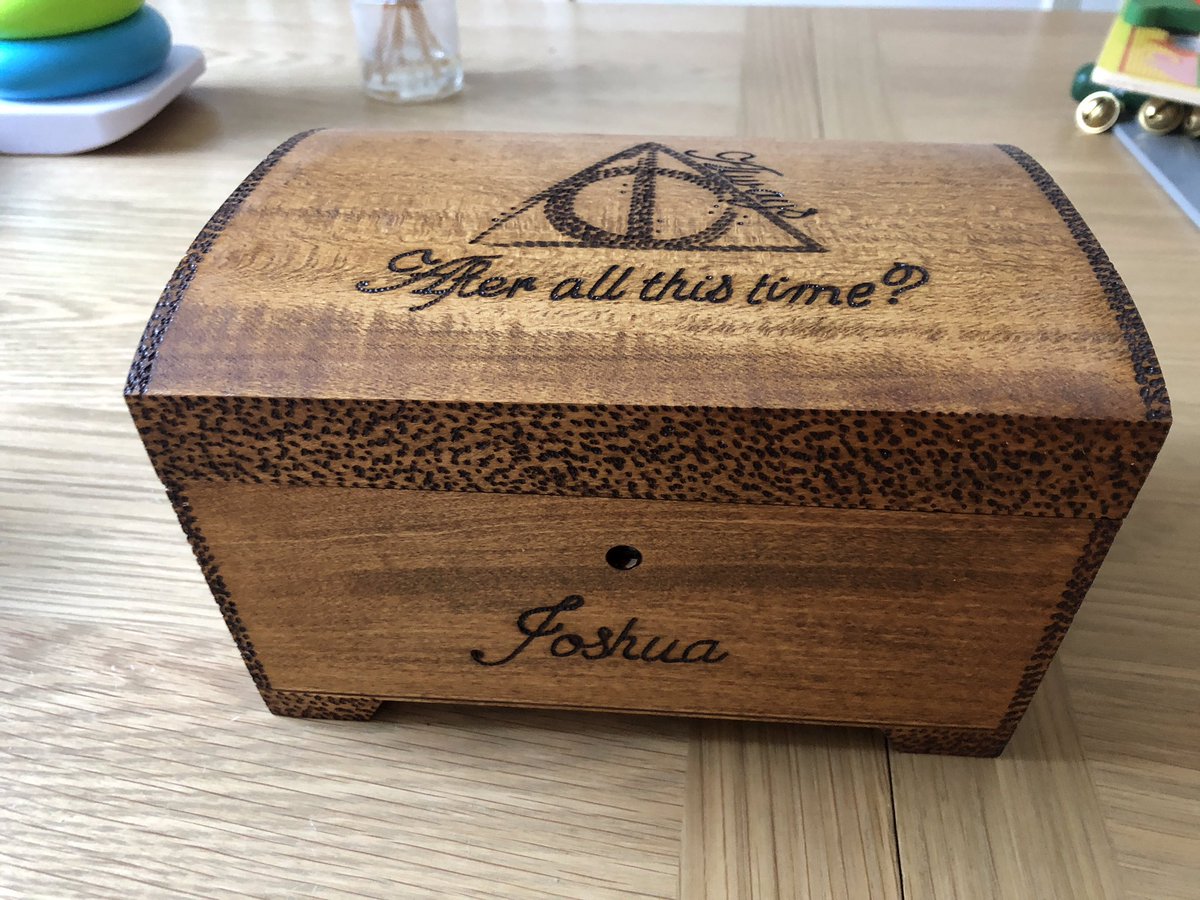I’ll get back to Science Reading shortly. Apologies for leaving you hanging. There will be much more later today.
For now, as promised, we’ll start a separate thread on our "QRP Reviewer Quidelines" project. Joining us for the description & discussion is @RemiGau
They typically involve practices such as p-hacking and harking
Questionable Research Practices Revisited by Klaus Fiedler and Norbert Schwarz
mfr.osf.io/render?url=htt…
a) prevention by raising awareness amongst researchers
b) post-publication correction either by closely examining “suspect” published studies or by attempting to replicate influential studies.
The idea behind the “Reviewer Guidelines for QRPs” is to correct these errors BEFORE the science becomes part of the literature.
1. This is a massive topic. There are many QRPs, and much literature about them.









